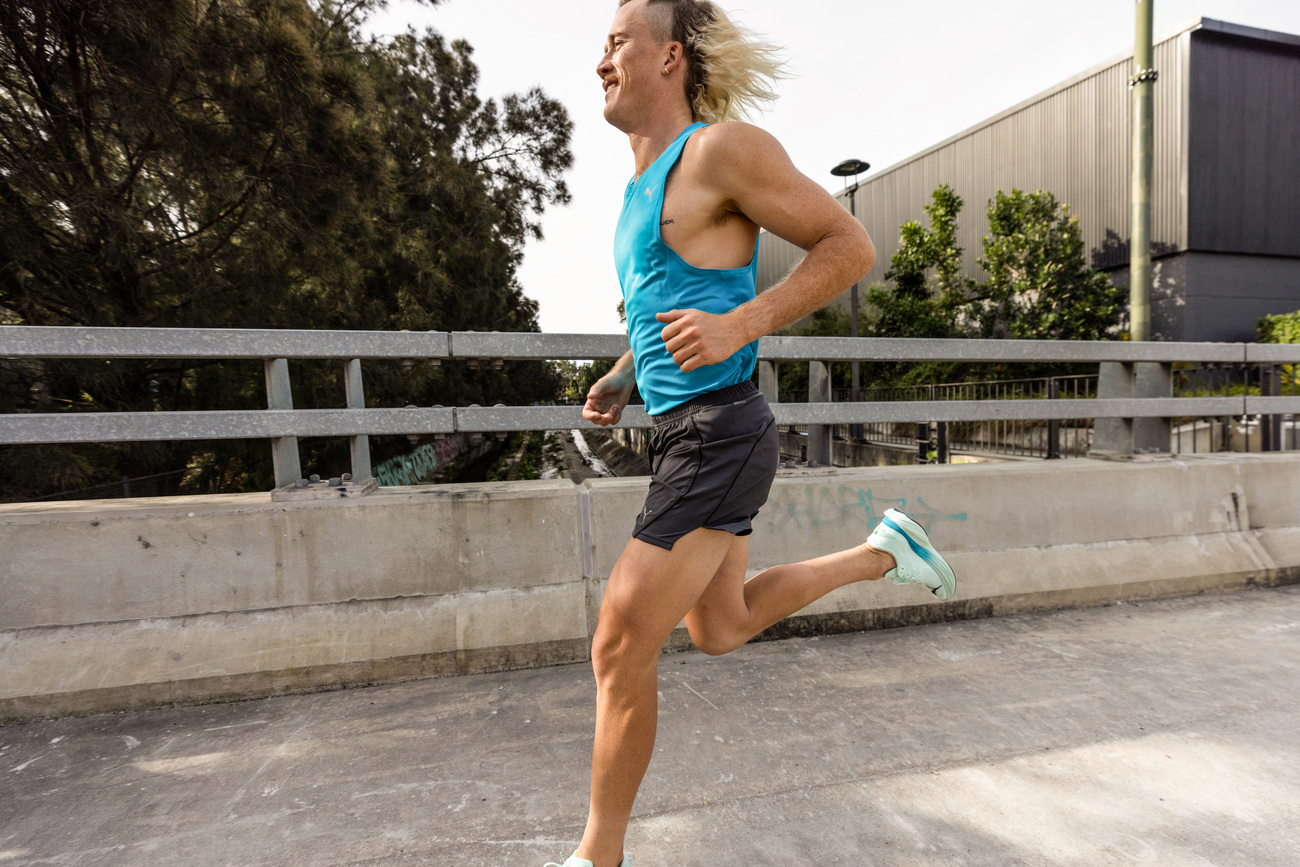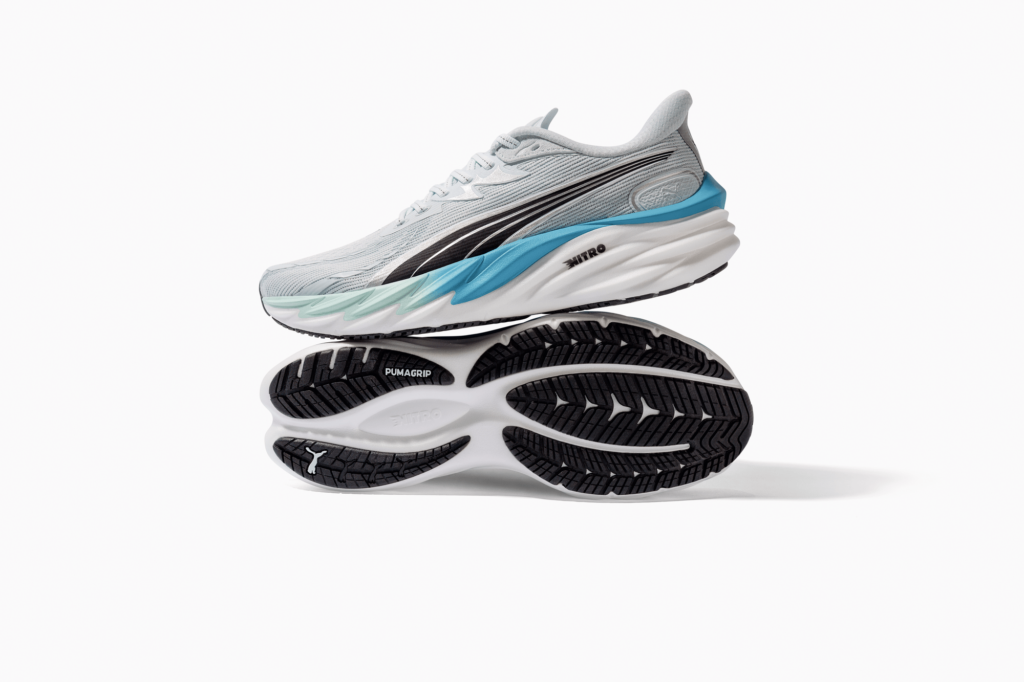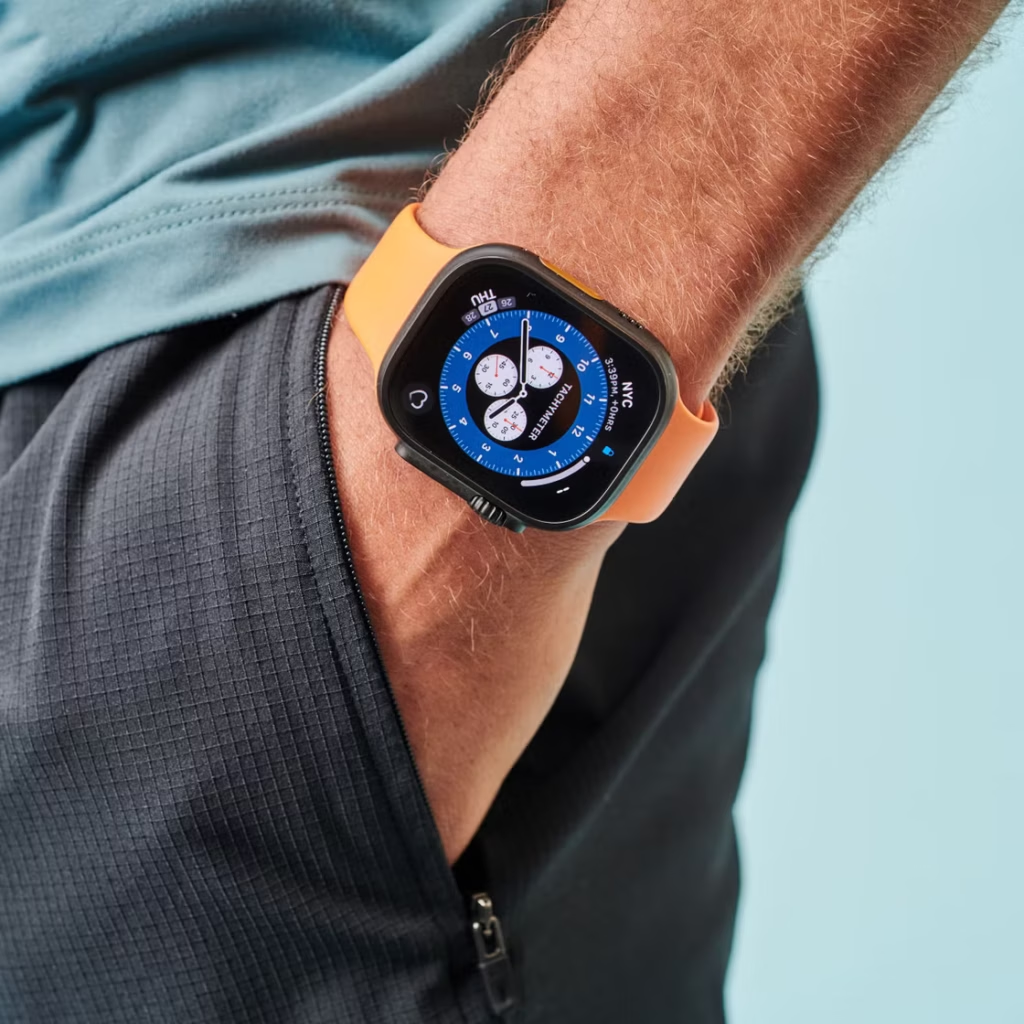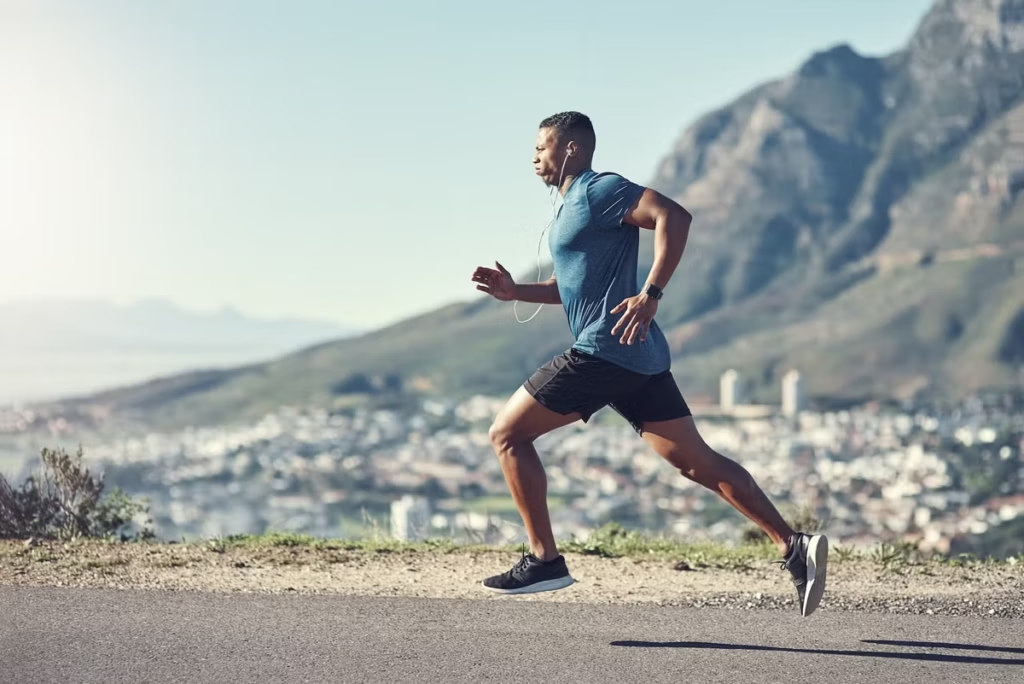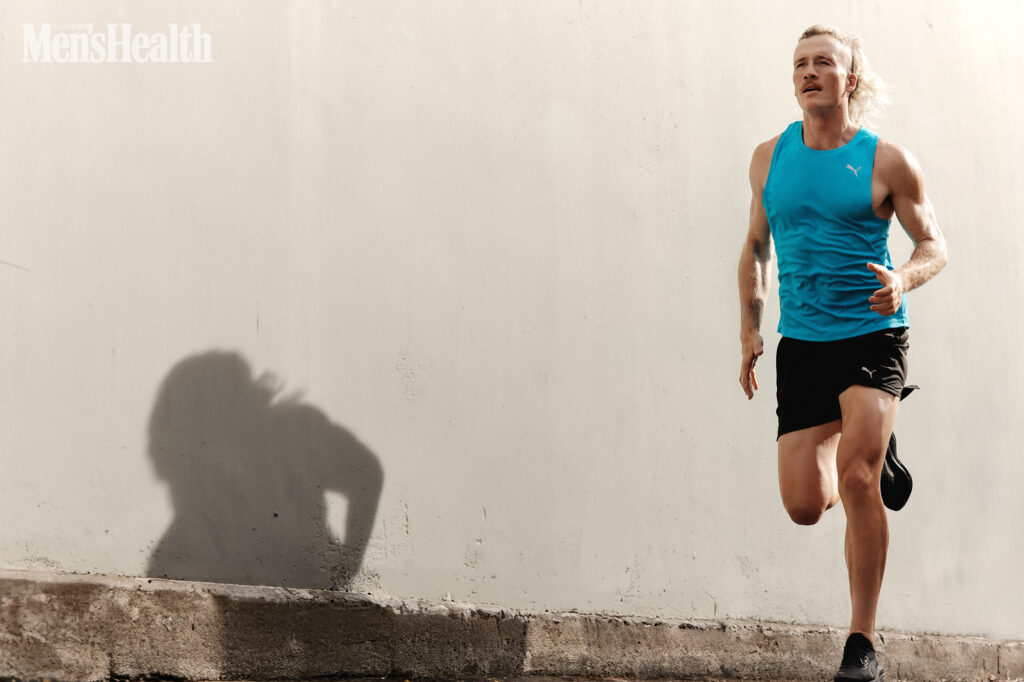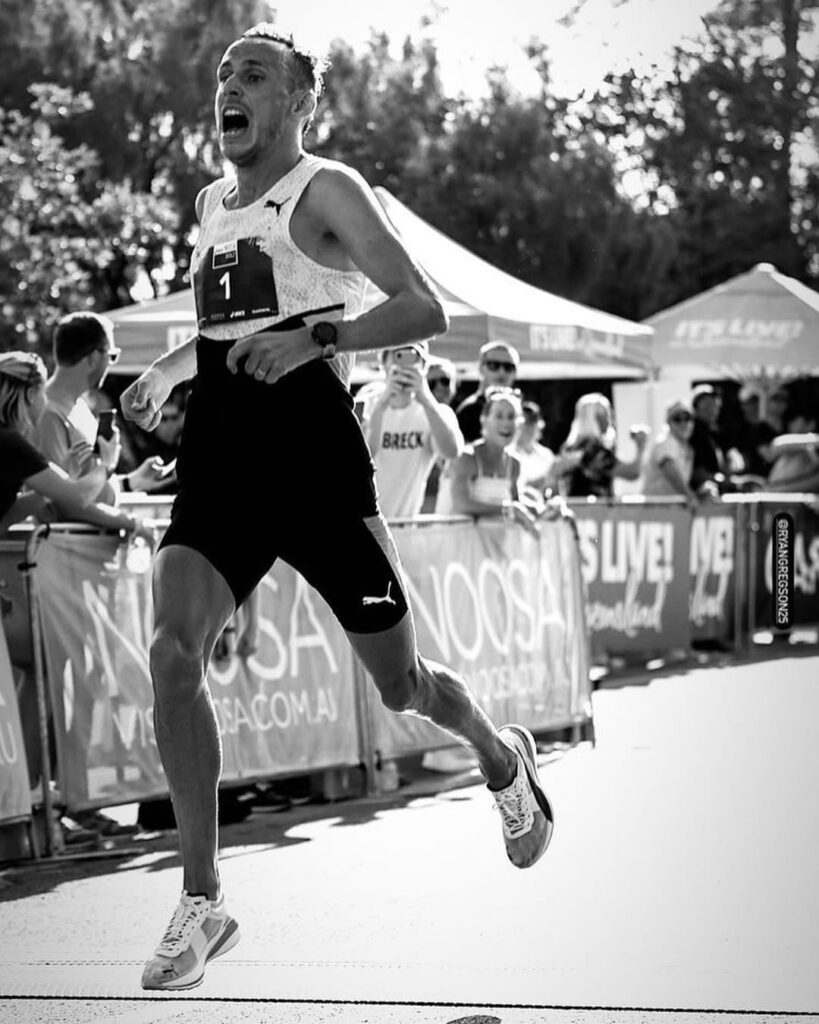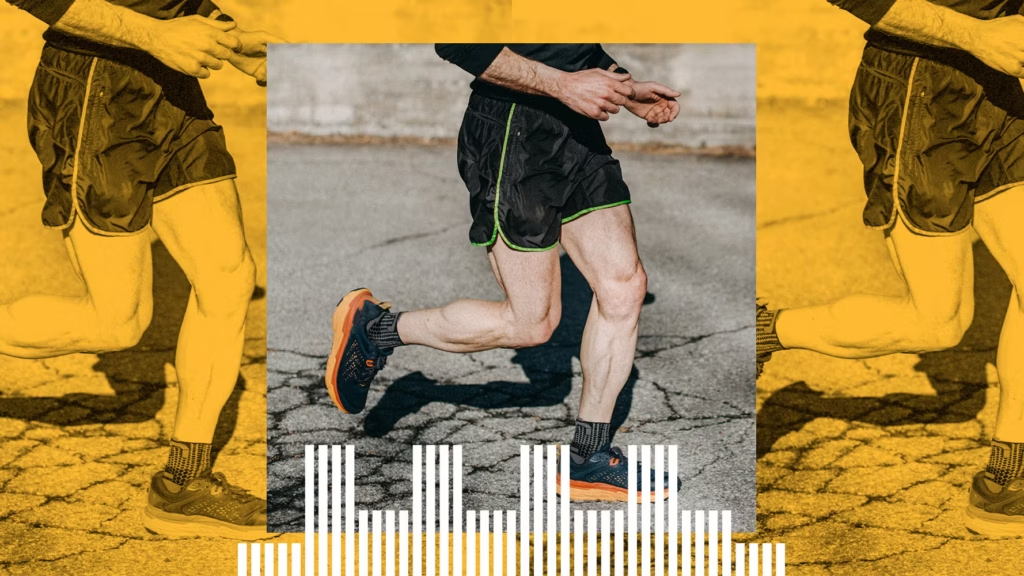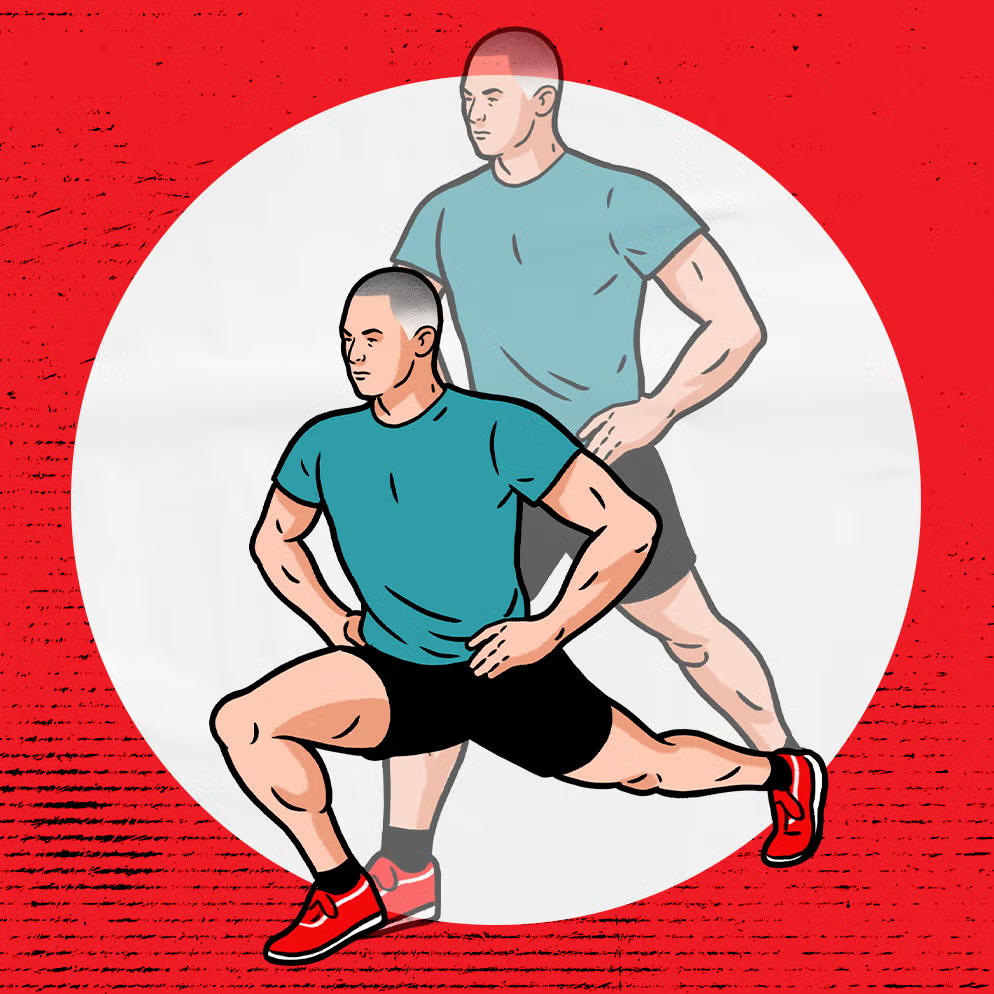Nedd Brockmann on why getting uncomfortable can change lives
‘Nedd’s Uncomfortable Challenge’ asks participants to push past our self-imposed limits and embrace a degree of hardship, even hurt. In doing so, Brockmann explains, you can achieve the rarest and perhaps most meaningful form of reward: one that helps you and benefits others
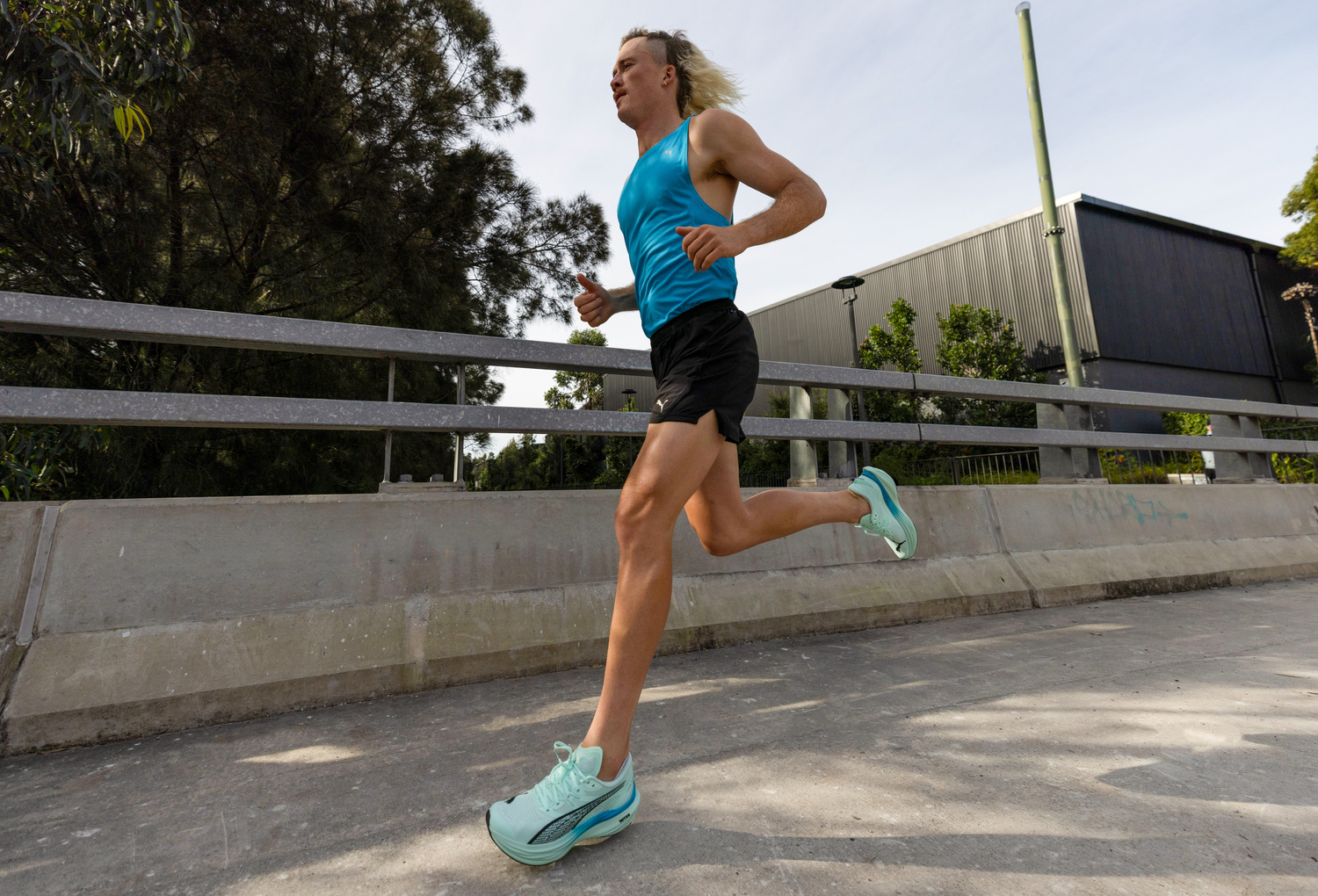
FEW PEOPLE KNOW more about getting uncomfortable than Nedd Brockmann. The former sparky has made it his life’s mission to pursue near-impossible feats that invite levels of pain and distress most of us find difficult to fathom.
From running across Australia in 47 days, to hauling himself 1000 miles around an athletics track, Brockmann’s quests are driven by a desire to push himself into uncomfortable spaces, as part of a broader mission to help end homelessness. To do that he’s aiming to raise $10 million and change the lives of 10,000 people by 2030, through the charity We Are Mobilise and his own initiative, Nedd’s Uncomfortable Challenge (NUC).
Pushing yourself to help others isn’t a new concept by any means, but it’s one that’s probably never had a more authentic avatar than Brockmann, who doesn’t just walk the walk or run the run, but literally bleeds the blood. If he were doing it all purely for his own ends, it would be admirable enough, but the PUMA ambassador’s raw form of self-flagellation offers an extreme template for what’s possible when you decide to take on a challenge and commit to seeing it through. By tying your quest to a greater cause, masochism becomes meaningful and self-improvement a powerful platform for purposeful change.
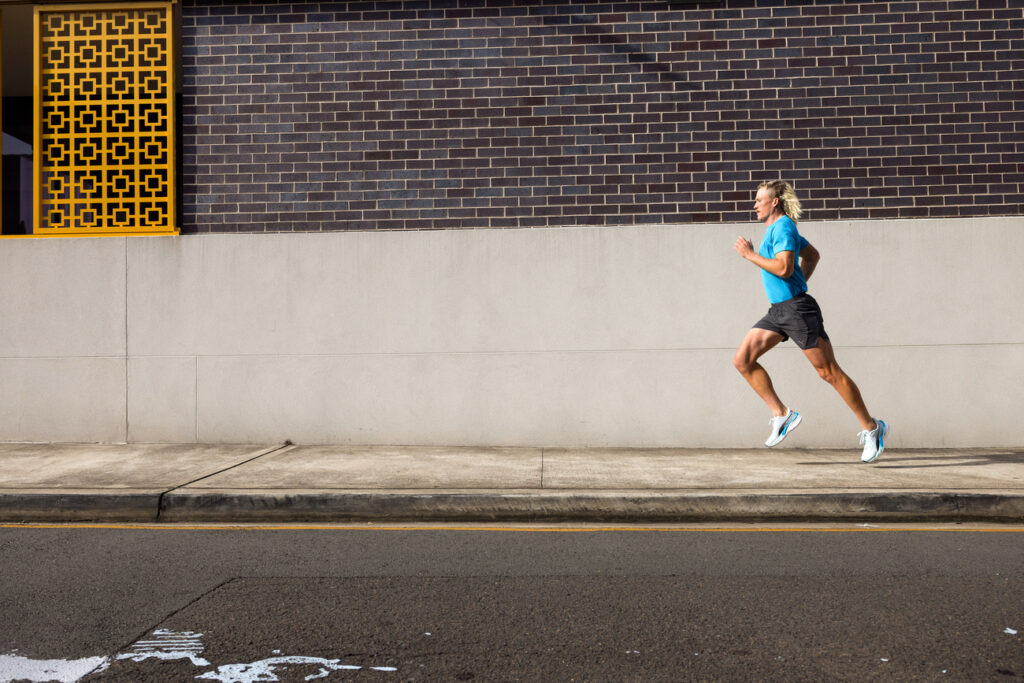
You don’t need to go to the extreme lengths Brockmann does to marry achievement with purpose, but the idea of getting uncomfortable is something we can all tap into, he says.
“It’s a way of getting people to do what I do,” says Brockmann of the genesis of NUC. “I’m not saying this is the way to live, but I am saying it’s a way to do something longer-lasting than just marathon training. Do something that’s really uncomfortable and really puts you in situations where you have to sacrifice because you’ve made a decision to do this thing.”
Last year 25,000 people signed up for NUC, together raising $2.2 million. The appeal of the challenge, Brockmann says, is that getting uncomfortable means different things to different people. For some, it might involve a physical challenge, for others it will be something that pushes them socially or psychologically.
“It might be that you’re doing a 5k walk before you take the kids to school and it’s really uncomfortable to get up when it’s cold and dark outside,” he says. “It might be speaking to someone on the street, it might be reading a book, it might be walking to work. It’s not hard, it’s just uncomfortable. I’m not going to expect a 70-year-old grandma to go and run 50 kay a day because it’s just not viable. But to go on their walk or make sure they garden every day or whatever it is, it’s like, you pick it.”
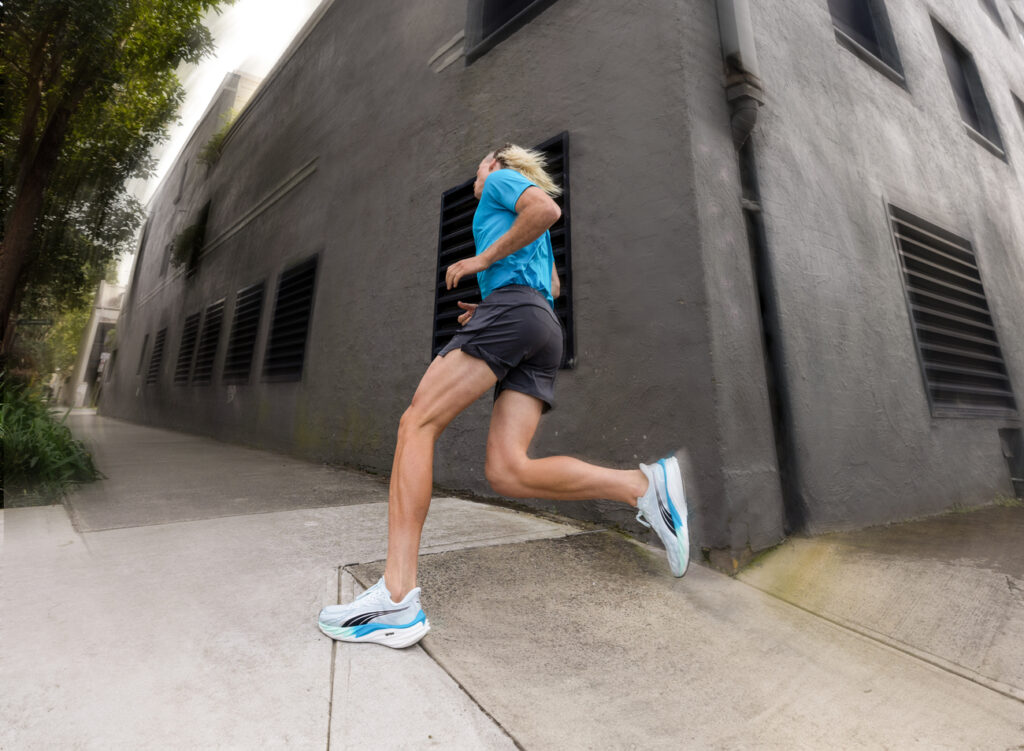
Brockmann describes NUC as a different way to fundraise, beyond merely donating, buying a T-shirt or a making a token act or gesture that may not carry any longer term, residual benefits. “You feel like you’ve earned it,” he says. “You feel like you’ve had to work hard to get people to say, ‘I’m getting behind you’.”
And that – telling people your goal – is a key part of the challenge. “You tell your friends, tell people what you’re doing and it’s like, well, you’ve said you’re going to do it. That should scare the hell out of you.” As the 26-year-old knows only too well, fear is motivating.
Brockmann points to a participant from last year’s challenge, Mateo, who ran 11 kay a day for 10 days and raised over $12k, as an example of someone who pushed past their perceived limits. He’s also been inspired by seeing seasoned gym-goers get out on the streets and talk to homeless people face to face. “People in gyms that I go to who are big tough guys have been profoundly impacted by these people, who often have university degrees, but have had things happen in their lives so that they’re now homeless. Seeing people you’d never expect learn more about the issue of homelessness is really cool.”
Brockmann admits that until he moved to Sydney and was confronted by the sight of homeless people on his daily commute, he had little understanding of the factors that force people to exist without regular and secure shelter. Back then, like many of us, he saw ‘the homeless’ as an abstract group, a ‘problem’ for someone else to solve, rather than human beings struggling to cope with the cards they’d been dealt.
“I’d seen it [homelessness] when we’d come here or you’d see people in movies or on TV, but I never really understood,” he says. “I didn’t give it the time it deserved. So, to then see it, I was like, It’s not that. It’s more around the idea that not everyone has had a level playing field. These people have gone through something that, more often than not, is out of their control, which has greatly impacted their life and now they’re here. I just want to be able to make more people aware of that. And to not judge them straight away.”
To sign up to Nedd’s Uncomfortable Challenge click here. All apparel and footwear available at rebel sport.




